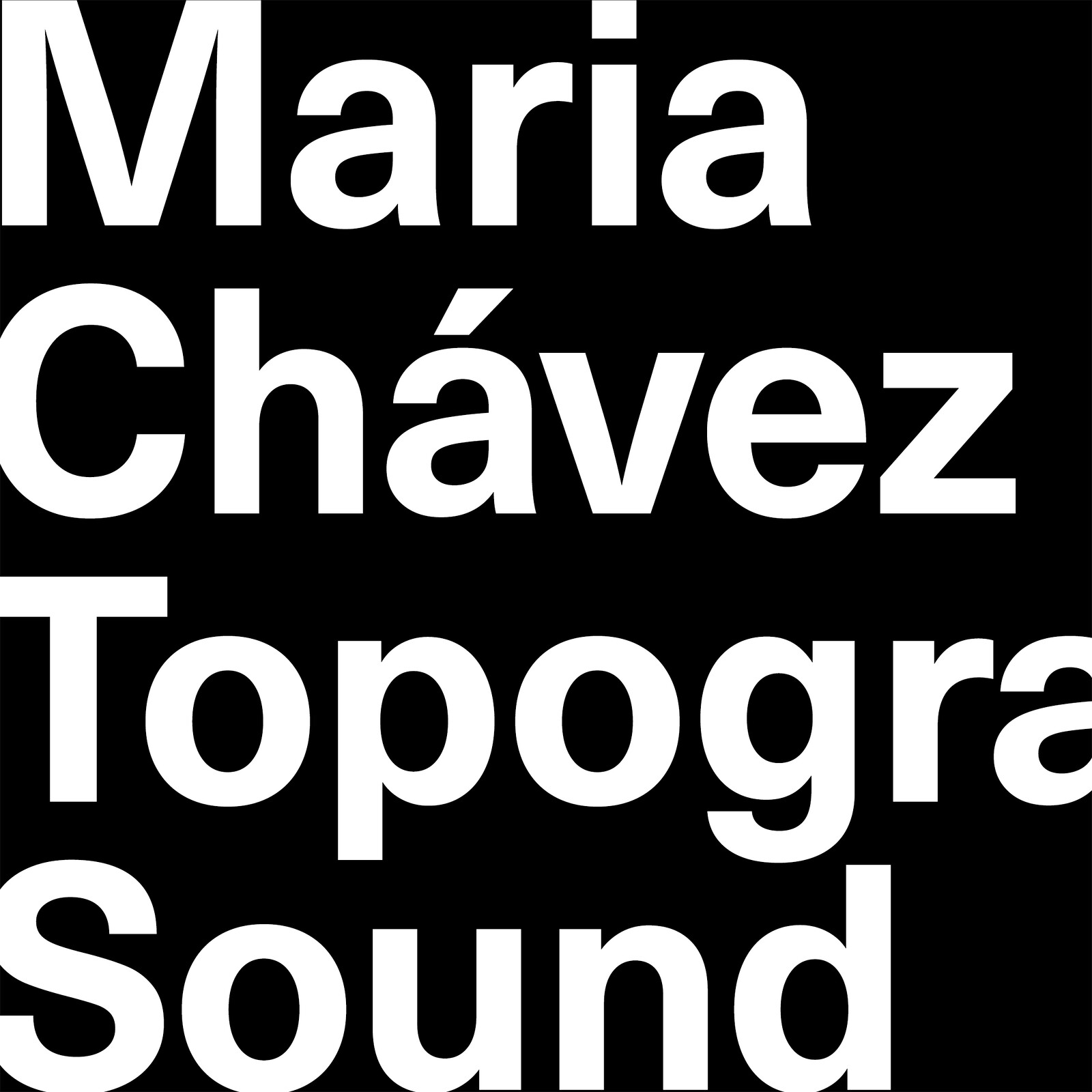Sanna Almajedi speaks to Maria Chávez on the occasion of Topography of Sound (2007–now) at e-flux. The conversation is followed by an excerpt from the performance, Maria’s first public live show since a medically induced sabbatical.
Maria Chávez is an abstract turntablist, conceptual sound artist, and DJ based in New York and born in Lima, Peru. Coincidence, chance, and failures are themes that are at the heart of her practice, which expands from the world of sound to sculpture and other disciplines. Chávez is one of the only people, if not the only person, in the world that uses the double-headed RAKE turntable needles in her live performances. She uses broken needles that bounce and scratch in their attempt to play a groove. Sometimes she breaks the record itself and stacks broken shards of vinyl on the turntable. Through these experimentations, Chávez utilizes destruction as a method to discover new sonic worlds. Chávez’s influences stem from improvised contemporary music; she is an avid practitioner of deep listening and was mentored by the composer Pauline Oliveros. Chávez describes her turntablism technique as taking the detritus of vinyl and repurposing it into sonic sculptures that can be compared to improvised musique concrète pieces. Her latest body of work, a series of white Carrara marble sculptures, handmade in her studio in Carrara, Italy, has revealed a parallel with her vinyl practice.
Chávez is on the cover of Thom Holmes’s book Electronic and Experimental Music: Technology, Music, and Culture (Routledge, 2020). She was a David Tudor and Robert Rauschenberg arts fellow and research fellow for Goldsmith’s Sound Practice Research Department. Her large-scale sound and multi-media installations along with other works have been shown at the Getty Museum, the Judd Foundation, Documenta 14, and HeK (Haus der Elektronischen Künste Basel) among others. She is also part of Don’t Blame it on Zen: The Way of John Cage & Friends, currently on view at MoCA Jacksonville. Chávez is the author of Of Technique: Chance Procedures on Turntable (2012), which is the first book about abstract turntablism. This book has developed a reputation as both an academic resource and a foundational text for a new generation of turntablists. She has contributed to many other publications including e-flux Architecture with “Too Much Reality”—a text about neuroplasticity and its place in the arts.
In 2023, Chávez will be an artist-in-residence at the Counterflows Festival in Glasgow, Scotland and at the Rewire Festival in the Hague, the Netherlands.
